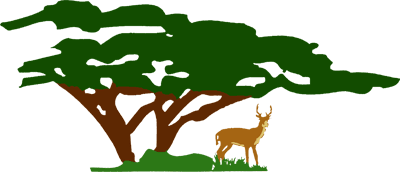El Eden Ecological Reserve
Agroecology
Design and Establishment of an Experimental Solar in El Edén
Juan J. Jiménez-Osornio
UADY - Facultad de Medicina Veterinaria y Zootécnia
PROTROPICO
Apdo. Postal 28
Col. Cordemex
Mérida Yuc. 97110 México
Fax: (99) 44-7293
email: juanjose@diario1.sureste.com
Home gardens, commonly found throughout Mesoamerica, are agroforestry systems that contain multipurpose trees, shrubs, annual crops and various domesticated animals.
This agroecosystem typically surrounds the family house, is mostly self-subsistent, and can adapt to a variety of climatic conditions from the dry lowlands to temperate highlands.
Since prehispanic times, the solar, the local name for home garden in the Yucatan Peninsula, has played an important role in terms of being the "experimental" fields for the peasants; this here is where domestication and diversification take place, management practices develop, and genetic resources are maintained.
An important aspect of these solares is their high diversity per unit of area; they are considered to be one of the most complex agricultural systems. An extensive amount of research has been made on solares but has tended to be descriptive with the little know-how of the processes and mechanisms involved in the sustainability of the system.
In this light, PROTROPICO with the joint collaboration of peasants and researchers alike designed three "experimental home gardens" of which one is located in the El Edén Ecological Reserve.
The design of the "experimental home garden" is the product of two workshops conducted in 1994 with the attendance of peasants from the community of Sahcaba and various researchers from different national and international institutions. These meetings generated discussions and suggestions of the 'ideal' size of a home garden, animal and plant species to be included, and what data recovery would be necessary during the establishment and development of this agroecosystem.
The overall objectives of the project are to (1) identify the ecological principles and processes responsible for the sustainability of home gardens; (2) conduct research on different three-shrub-crop-animal combinations in space and time to determine the possibility of making the system economically viable and; (3) develop a simulation model of the solares using the data taken in the experimental home gardens.
This presentation will provide preliminary data obtained from this home garden experiment since its initiation in 1996, the selection process used to determine the area of cultivation and crop and plant species to be used, and the problems and constraints experienced during the establishment of the experimental solar.


